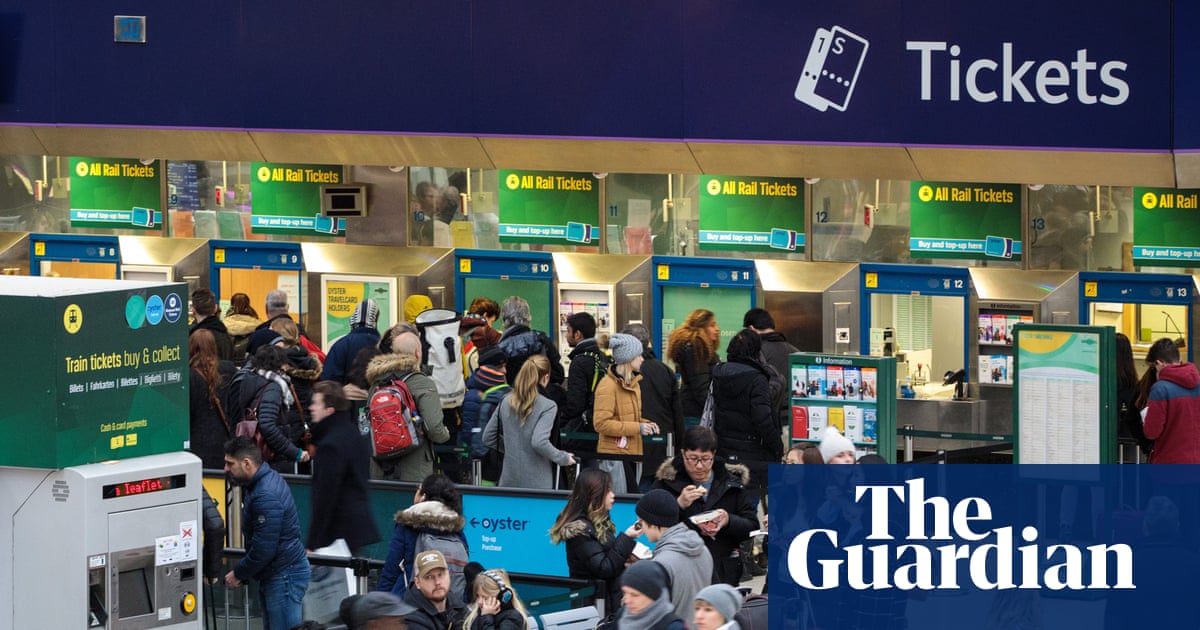
Rail Fares in England Expected to Rise by 5.6% in 2024
The cost of rail travel in England may rise significantly next year, with increases predicted to reach an “outrageous” 5.6%. This anticipated hike has left campaigners worried that passengers could be priced out of using trains, forcing many to rely on congested road networks instead.
Why Are Rail Fares Increasing?
Rail ticket prices in England are largely determined by July’s inflation figures, specifically the retail prices index (RPI). According to consensus forecasts by City economists, RPI inflation for July 2024 is expected to hit 4.6%. Historically, the government has added an additional percentage point to the RPI when determining the annual fare increase, which would result in the predicted 5.6% rise for 2024.
Regulated fares, which account for about half of all rail journeys in the UK, include season tickets, off-peak long-distance returns, and flexible urban rail passes. These fares are directly influenced by government policy, and nearly half of them are set by Westminster. The Scottish and Welsh governments typically follow suit with similar caps.
Public Concerns Over Fare Hikes
Critics, including Bruce Williamson of the campaign group Railfuture, have voiced their opposition to the proposed increase. “What would be the justification for jacking up fares above inflation? There isn’t any,” Williamson said, adding, “It’s ripping off the customer, driving people off the trains, and onto our congested road network, which is in no one’s interest.”
There are also concerns about how fare increases align with ongoing government efforts to bring rail services into public ownership under the Great British Railways initiative. While advocates hope public ownership will lead to efficiency savings, Williamson warned that any potential savings may be absorbed by the Treasury rather than passed on to passengers.
A Broader Impact on Cost of Living
The anticipated fare hikes come amidst broader increases in the cost of living, with the headline Consumer Prices Index (CPI) inflation in July 2024 projected to rise to 3.7%, up from 3.6% in June. Economists expect this trend to affect various sectors, straining household budgets further.
What’s Next for Rail Passengers?
The UK Department for Transport has not yet confirmed how rail fares will be calculated for 2024. A spokesperson noted that the transport secretary’s priority is to improve reliability and affordability for passengers. Updates regarding changes to regulated fares are expected later this year.
For those looking to manage travel costs in the face of rising fares, consider switching to subscription-based travel cards or discounted rail passes, such as the 16-25 Railcard or Senior Railcard. These programs offer significant savings for regular commuters and occasional travelers alike.
Final Thoughts
The rising cost of rail fares has sparked concerns about how accessible and sustainable public transport will remain in coming years. As announcements on fare updates are expected soon, commuters should stay informed and plan their budgets accordingly to mitigate the impact of the increased costs.




